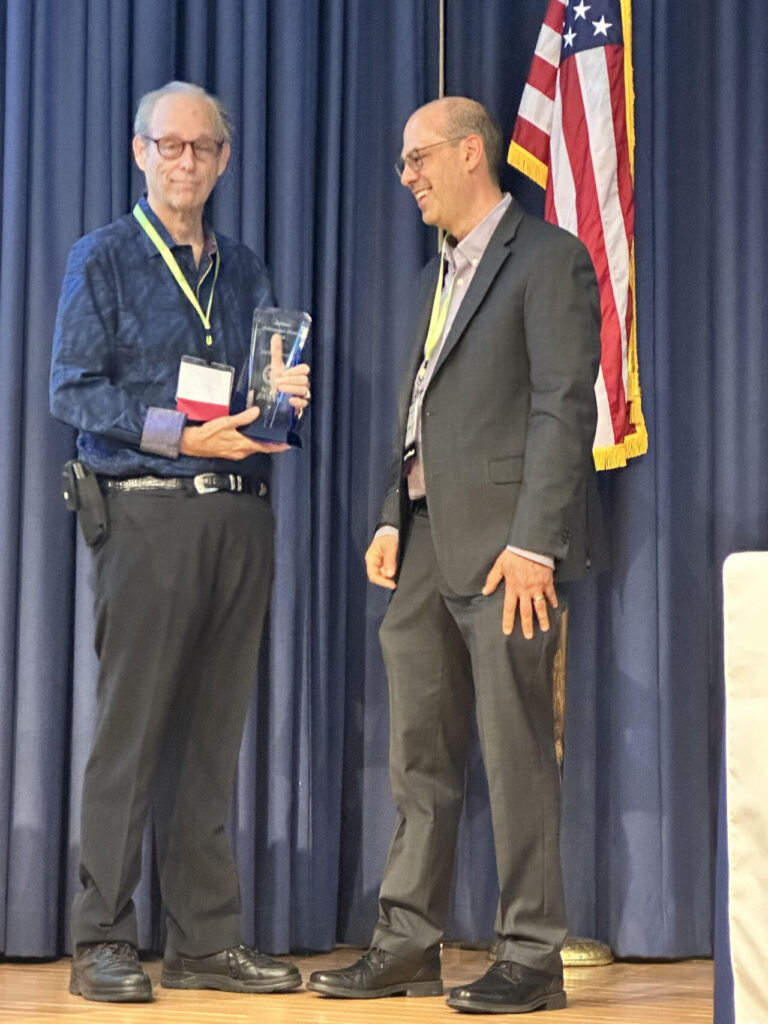See yourself in cybersecurity. You don’t need experience — just the passion and drive to enter a demanding and rewarding field, one that opens limitless opportunities worldwide.
As part of our commitment to help close the cybersecurity workforce gap and diversify those working in the field, ISC2 is offering FREE Certified in Cybersecurity (CC) Online Self-Paced Training and exams to one million people.
Start Your Journey
To participate in the One Million Certified in Cybersecurity program, please follow these simple steps:
- Create an account. If you already have an ISC2 account, sign in.
- Complete your ISC2 Candidate application form and select Certified in Cybersecurity as your certification of interest.
- Once the application is complete, you’ll become an ISC2 Candidate. It’s free to join and you’ll gain access to Official ISC2 Certified in Cybersecurity Online Self-Paced Training and the opportunity to register for the free certification exam. You will find your access on the Candidate Benefits page.
- Upon passing the exam, complete the application form and pay U.S. $50 Annual Maintenance Fee (AMF). Once completed you’ll become a certified member of ISC2 – the world’s largest association of certified cybersecurity professionals – with access to a broad range of professional development resources to help you throughout your career
Your self-guided tour toward certification — now featuring adaptive learning for a streamlined experience customized to each individual. Leveraging the power of AI, the training guides learners through a self-paced learning experience adapted to their individual needs. This class will have instructor Lead class it will Be 2 Saturday in a row Dates: July 20, 27 Time: 8-4 Location: Virtual Class is Offered by ISC2 NJ chapter. You do not need to be a member but of course you can join even if your not in New Jersey. I will be teaching the Class.
Exam included.
- Pay U.S. $50 Annual Maintenance Fee (AMF) upon passing the certification exam.
Dates: July 20, 27 Time: 8-4 Location: Virtual
Register here: CC Bootcamp Tickets | Eventbrite


